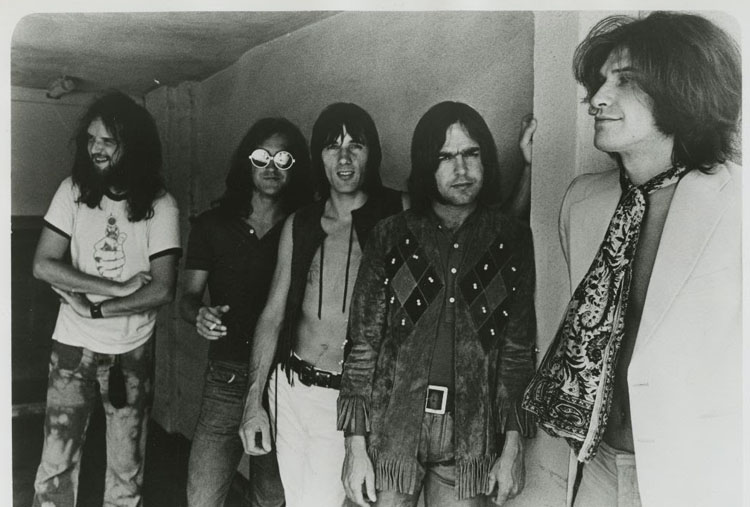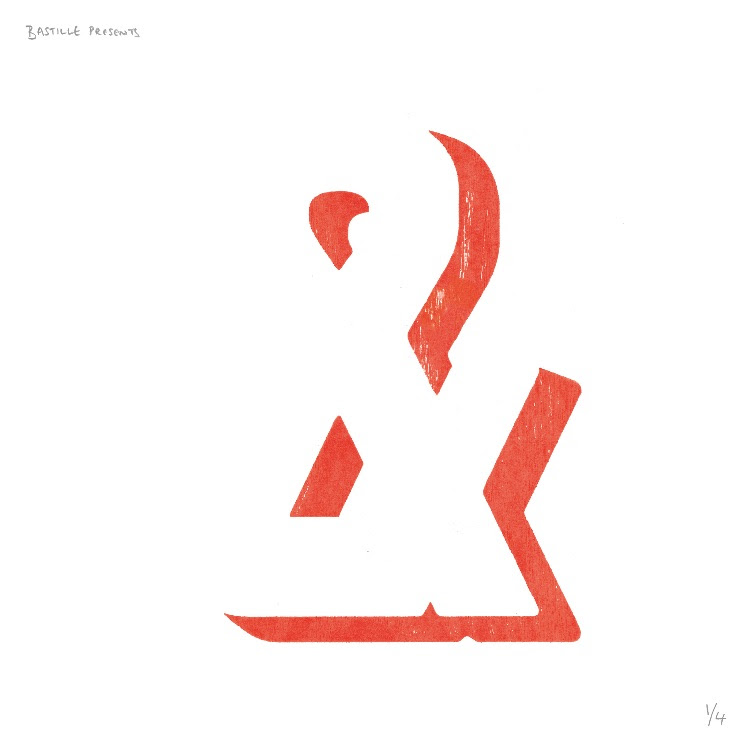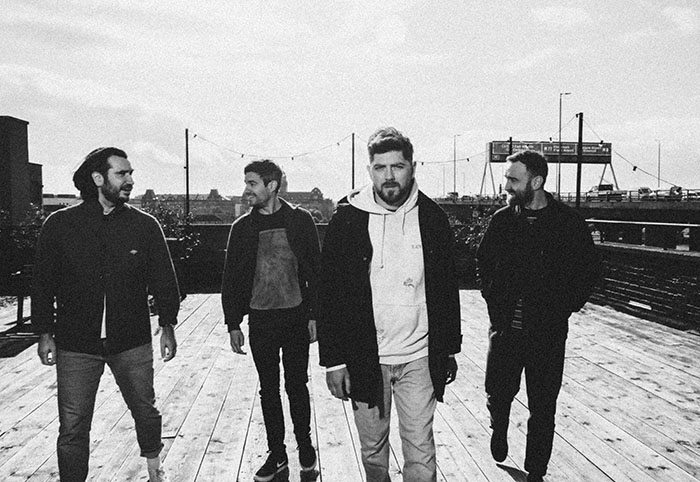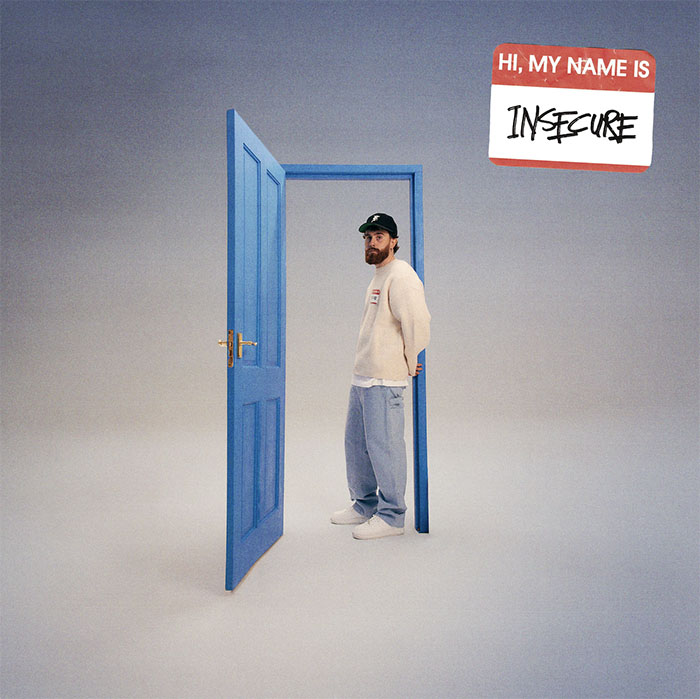The Kinks, released a groundbreaking song that would further cement their place in history, ‘Lola’. This week The Kinks and BMG launch #LolaDay to celebrate 50 years of this seminal single. Fans will be able to ‘Lolafy’ their individual photos with 10 new custom made stickers available via The Kinks website https://thekinks.lnk.to/
Ahead of its time, ‘Lola’ was written by Ray Davies in early 1970 and recorded at Morgan Studios in London. The track supposedly tells the romantic tale between a young man and a transgender person whom he meets in a club in Soho, inspired by an alleged encounter by the band’s manager. Released with Village Green Preservation Society outtake ‘Berkeley Mews’ in the UK and the Dave Davies-penned ‘Mindless Child of Motherhood’ in the US, the iconic hook has been sung around the world for decades.
Cited by Ray Davies as the first song he wrote following a break he took to act in the 1970 Play for Today film, ‘The Long Distance Piano Player’, Ray said that he had initially struggled with recording an opening that would set up the song, but the rest of the song “came naturally.” He remarks, “I remember going into a music store on Shaftesbury Avenue when we were about to make ‘Lola’. I said, ‘I want to get a really good guitar sound on this record, I want a Martin.’ And in the corner they had this old 1938 Dobro that I bought for £150. I put them together on ‘Lola’, which is what makes that clangy sound: the combination of the Martin and the Dobro with heavy compression.”
Due to its controversial subject matter at the time and use of the brand name Coca-Cola, the single received backlash and even bans in Britain and Australia, but was met with critical acclaim from press, with Rolling Stone labelling ‘Lola’ as “decades ahead of its time.”
The single became an unexpected chart smash for the Kinks, reaching number two in Britain and number nine in the United States. The single also saw success worldwide, reaching the top of the charts in Ireland, New Zealand and South Africa, as well as the top 5 in Germany, Austria, Belgium and Switzerland. The track went on to become the band’s biggest single success since ‘Sunny Afternoon’ in 1966.








